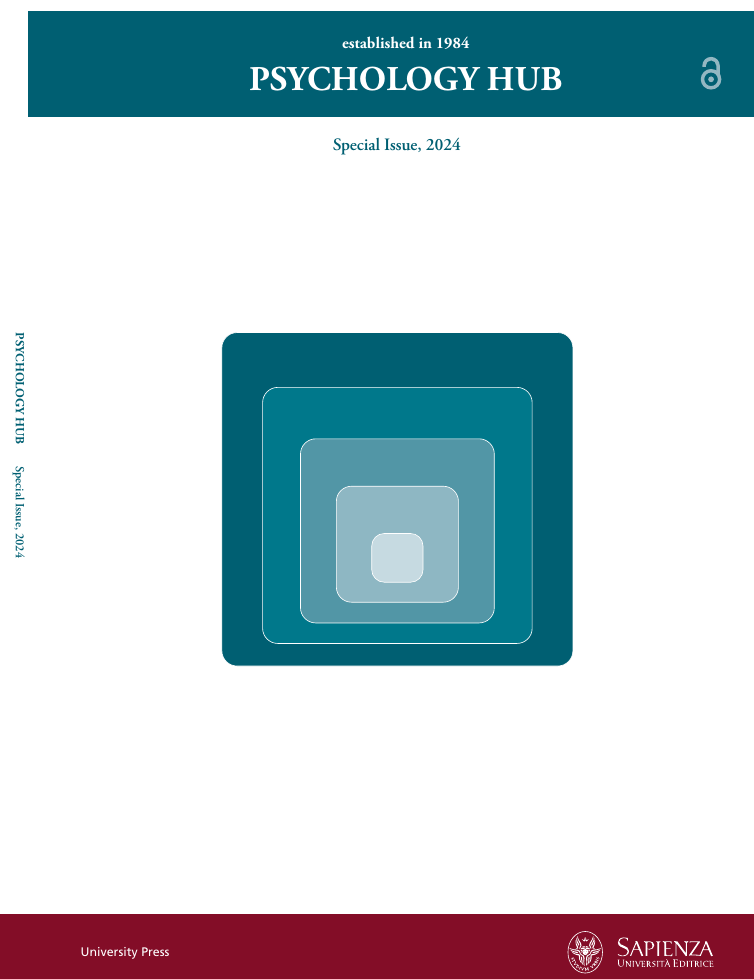Uncertainty, Group Identification and Intergroup Behavior: Positive and Negative Outcomes of how People Experience Uncertainty
DOI:
https://doi.org/10.13133/2724-2943/18404Keywords:
uncertainty, self-uncertainty, self, social identity, group behavior, intergroup relations, extremismAbstract
Uncertainty is part of daily life, and an enduring feature of the wider world we live in. People experience and react to uncertainty in different ways, as a function of their individual preferences and the nature and context of the uncertainty. In this article I describe an uncertainty-identity theory analysis of how feelings of uncertainty, specifically self-uncertainty, shape and drive what we do, what we think, and how we feel, and ultimately affect the world we live in. Identification with distinctive groups with unambiguous and clearly defined social identities is a very effective way to reduce self-related uncertainty, and thus delivers all the benefits of group identification and cohesive groups for individuals, groups and society. However, when people feel they do not have the cognitive, social and material resources to reduce uncertainty then uncertainty is experienced as an overwhelming threat that is to be avoided, rather than sought out as an exhilarating challenge to be easily resolved. Identification to reduce uncertainty experienced as a threat can generate an array of negative outcomes associated with extremism, populism, autocratic leadership, identity echo chambers, suppression of diversity, and so forth.
Additional Files
Published
How to Cite
Issue
Section
License
Copyright (c) 2024 Psychology Hub

This work is licensed under a Creative Commons Attribution-NonCommercial-ShareAlike 4.0 International License.





